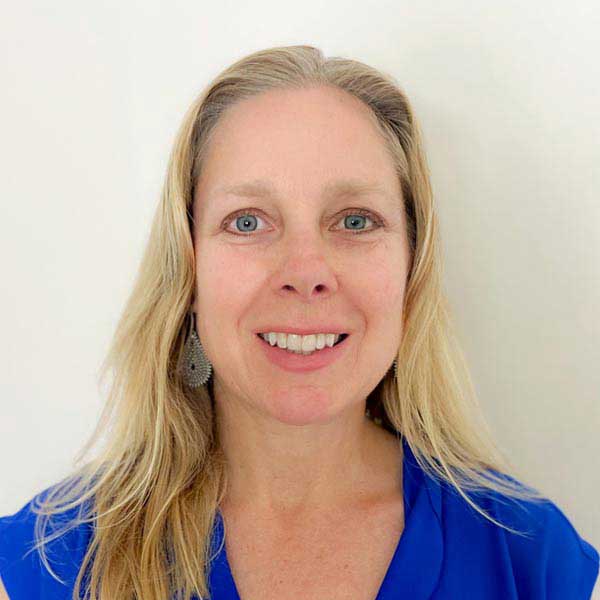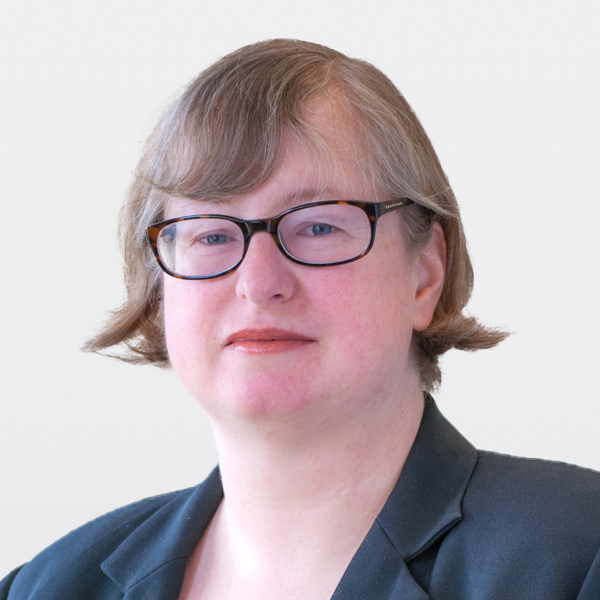Seattle Preschool Program Process Evaluation

Seattle’s Department of Education and Early Learning (DEEL) launched the Seattle Preschool Program (SPP) in 2015. Using a mixed-delivery model, DEEL provides a range of high-quality, culturally responsive preschool options to all children and families in Seattle.
In 2024, DEEL partnered with Education Northwest and the American Institutes for Research® to learn more about three SPP classroom models used in developing preschool services for children who are furthest from opportunity:
- Dual Language Initiative classrooms use the Soy Bilingüe curriculum to offer dual language instruction in eight non-English languages
- SPP Plus classrooms bring together children with disabilities and typically developing children to learn in general education settings
- Family child care programs provide preschool and child care services within home settings in the families’ neighborhood
Our partnership included this process evaluation as well as two impact evaluations to measure program effectiveness. This work will support DEEL in making strategic planning and program improvement decisions to achieve its goal of helping children with a wide range of strengths and learning needs succeed in kindergarten and beyond.
Evaluating Preschool Classroom Quality and Outcomes
For our mixed-methods evaluation, we conducted interviews and focus groups with families, administrators, teachers, and DEEL coaches to understand their perspectives on the three classroom models. Our evaluation team also conducted site visit observations of classroom practices and analyzed data on classroom quality and child outcomes. Our data represented 22 Dual Language Initiative classrooms, 28 SPP Plus classrooms, and 22 family child care programs.
We also convened an advisory committee to ensure our evaluation design used culturally relevant questions, data collection measures, and analysis procedures. This committee also helped our evaluation team make meaning of the findings.
Our team reported on classroom quality and child outcomes by describing the key elements of each model including instructional practices, classroom utilization, child characteristics, and teacher characteristics. We also reported the perspectives of families, administrators, and program providers on benefits, successes, and actionable recommendations for planning and improving program implementation.
We partnered with DEEL to share evaluation findings with administrators, preschool providers, and the community through reports, user-friendly community briefs translated into eight languages, and recorded presentations tailored to each unique audience.
Evaluation Reports Leading to Meaningful Change
DEEL appreciated the actionable recommendations that described strengths and areas for growth at the system, program, and classroom levels. The department also appreciated our team’s attention to community engagement, such as engaging the advisory committee to guide the evaluation and sharing findings in multiple ways for different audiences. Because of the rich dialogue and feedback, DEEL plans to include presentations to administrators and providers as a standard practice in future evaluations.
DEEL will continue to elicit external, multimethod evaluations to guide strategic planning and increase community engagement in program improvement decisions.
Education Northwest’s process evaluation provided us with a rich understanding of our three specialized preschool settings through the lens of experience (teacher and family voice) and learning outcomes (child assessment data). We are walking away with an evidence-based fidelity framework specific to each setting and actionable feedback about our coaching and training supports that we will use to support continuous quality improvement in the coming years.
—Rosa Ammon-Ciaglo, MPA, DEEL Evaluation Manager
Download Case Brief
Project Team
-

-

Vicki Nishioka
-

